A few years ago we went on a quest to find the cleanest possible organic coffee in toxin-free packaging. As you probably know, organically grown coffee beans are widely available–this is great! Unfortunately, even organic beans are almost always roasted, packaged, and brewed in ways that can add all sorts of unwanted chemistry to your morning brew.
This means that by the time your organic coffee reaches your cup it would likely no longer qualify as “organic,” and definitely not as Good Stuff.
(By the way, did you know that coffee is a superfood?)

Written by John Goss, Healthy Home Director
Problem #1: Toxins in Coffee Growing
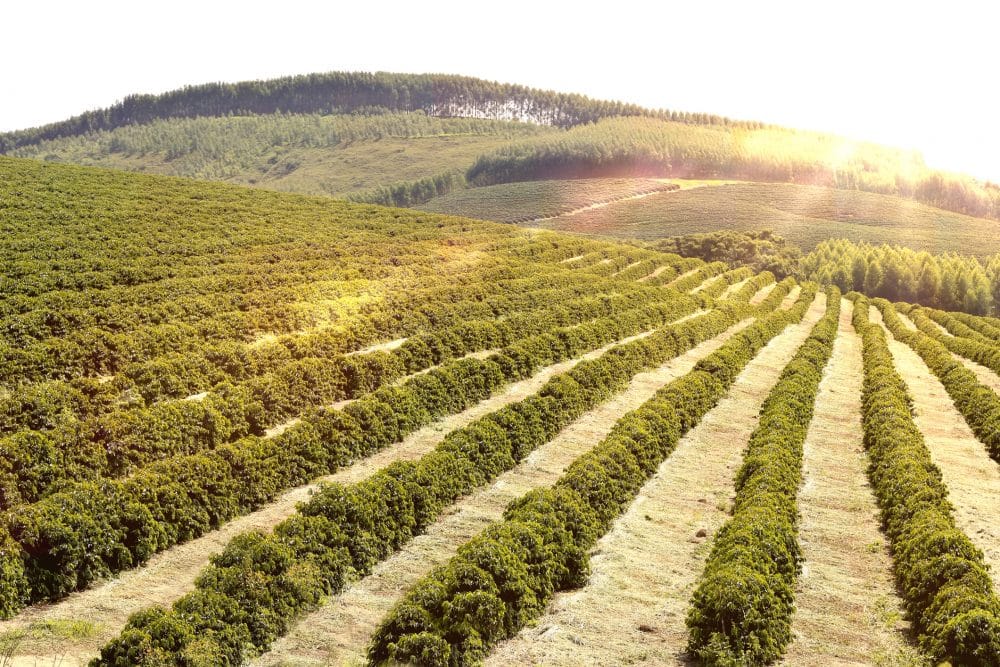
Coffee is one of the most intensively sprayed crops in the world. This is because coffee is no longer grown in the shade (where the plant evolved and thrives). It is now grown in ways that allow for maximum production, but that requires the use of large amounts of pesticides, herbicides, fungicides, and chemical fertilizers.
This is not only bad for us as consumers, but is also quite detrimental to the people who live and work in coffee-producing areas.
Here are just three of the pesticides commonly used on coffee beans:
- Methyl Parathyion is one of the most vile pesticides ever created, and is toxic to a wide swath of all living things–including humans.
- Endosulfan is toxic to most animals and takes a very long time to break down in the soil.
- Chlorpyrifos has been banned for household use in the U.S. as it can cause birth defects.
All of the above, and more, can show up in your morning joe.
The solution to this problem is pretty simple: buy only certified organic coffee beans.
Problem #2: Toxins in Coffee Roasting
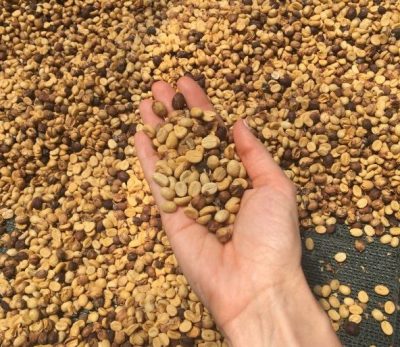
Organic coffee beans are a great start to a healthier cup of java, but it is important that the roasting process be free from harmful chemistry, too.
Roasting equipment needs to be cleaned on a regular basis to avoid chemical solvents showing up in your cup.
Flavoring agents are commonly used immediately after the roasting process, sometimes to mask the taste and smell of old or bad beans. Flavored coffee should be avoided as they are synthetic and often contain preservatives that are definitely not Good Stuff!
The solution here is a little more complicated: Find a roaster that is dedicated to a non-toxic process. (This is easier said than done—it took us a year to find one!)
The Worst Stuff: Coffee Pods
The environmental damage caused by coffee pods (AKA “k-cups”) can’t be overstated. In fact, their founder, John Sylvan, has said that he regrets inventing the pod!
Traditional coffee pods are neither biodegradable nor recyclable, and a whopping THIRD of American households have a k-cup brewer in their homes.
Equally concerning: coffee pods are made of plastic, and the hot water that passes through them increases the leaching of endocrine disruptors into your coffee. While k-cups are free of BPA, they’ve still tested positive for estrogenic activity.
To make matters worse, the top of coffee pods are usually made of aluminum, a heavy metal linked with a range of health problems.
Problem #3: Toxins in Coffee Bags & Packaging
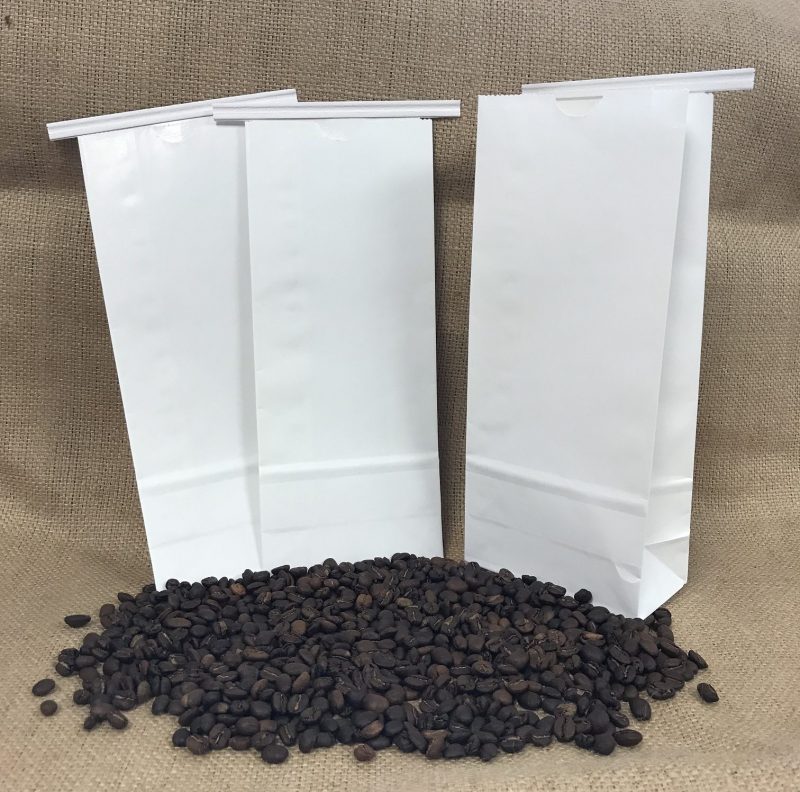
Once the coffee beans are roasted, they go into a bag. These bags almost always contain plastics and other chemicals that can convey even more toxins to your beans.
Coffee bags typically have a lining of polypropylene to keep the coffee oils from making the bag unsightly. Simple brown paper bags may fool you by looking like they are made entirely of paper when this is basically never the case.
Polypropylene, while relatively inert, is the single most abundant micro-plastic found in all the waters of the world (and in seafood…and in every one of us!).
The effects of micro-plastics from this type of plastic are only beginning to be understood. Studies have found that polypropylene particles may stimulate the immune system, but human studies are lacking.
Some coffee beans come in glassine bags (pictured above). This seems better than plastic because glassine is essentially wood pulp. Unfortunately, glassine is almost always bleached with chlorine or other chemicals that stay in the paper fibers and are leached into the coffee beans.
We’ve solved this one for you! Until recently, there have been no alternatives to standard coffee bags, but we finally found a new, non-toxic, environmentally safe alternative. More on this below,
Problem #4: Toxins in Coffee Water
Obviously, brewing coffee starts with water. If you use typical municipal water you are adding chlorine, fluoride, and potentially substances like lead, pharmaceuticals, pesticides, and others to you morning cup. Not only are these toxic, but they can also negatively affect the taste of your coffee.
The solution here is easy: We highly recommend using a robust water filtration system. Pitcher type filters are better than nothing, but true filtration essentially eliminates a very wide swath of biological agents and chemical toxins. Learn more about choosing a water filter here.
Problem #5: Toxins in Coffee Brewing Equipment
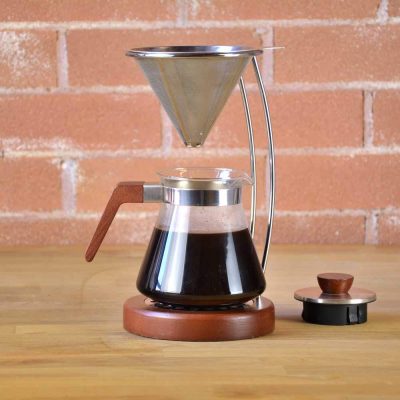
This Frankfurt coffee brewer is entirely free of plastic, so there’s no opportunity for endocrine disruptors to leach into the coffee.
Water is a potent solvent that breaks down many substances. Hot water is an especially intense solvent, and it extracts substances far faster than cold water does.
Whether you like cold-brew or hot, pour-over, drip, espresso, French press, or a plug-in brewer, it is a good idea to avoid brewing equipment that is composed of certain plastics, metals, or coatings that could introduce unwanted substances into your cup.
More specifically, you’ll want to avoid coffee brewers with plastic parts that come into contact with water. Also, avoid aluminum, nonstick surfaces, and any low-fire ceramics.
The good news is that there are several great ways to brew without any toxins. We like stainless steel filtration rather than plastic, paper, or even cloth. Stainless steel is rugged, easy to clean, imparts no flavor, and lasts almost forever—making it an Earth- and wallet-friendly choice.
As for coffee dispensers, cups, and storage, we like stainless steel, glass, and most ceramics. Medical grade silicone seals are acceptable and better than plastics.
The solution here is to vet your coffee accessories carefully. We have a selection of Good-Stuff approved, plastic-free brewing, storage, and dispensing solutions here.
Problem #7: Toxins in Coffee Cup
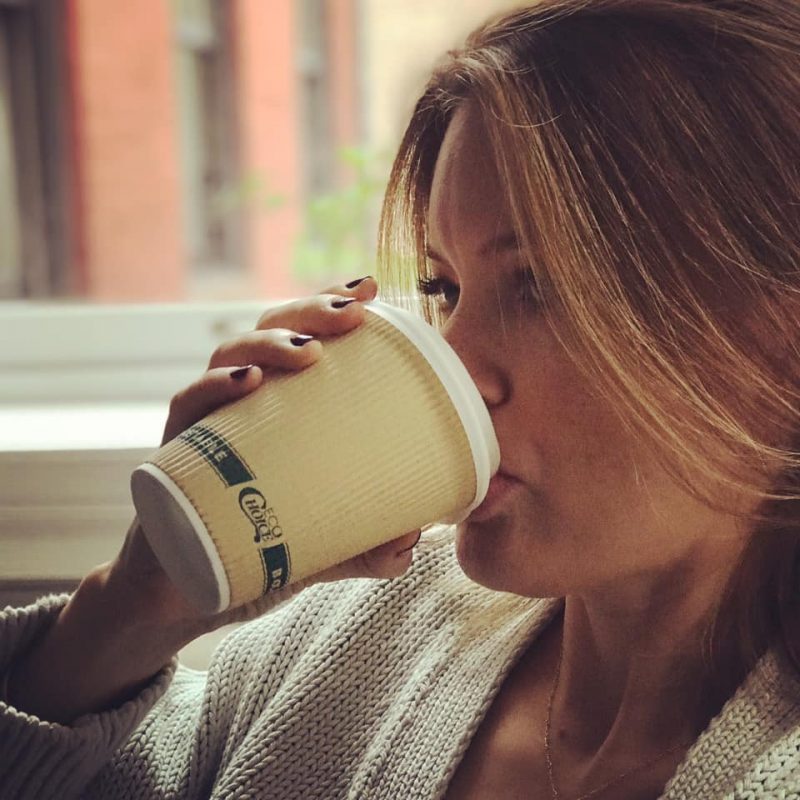
You may already know that styrofoam cups can mess with your hormones, especially when the liquid inside of them is hot! But even paper to-go coffee cups can be a problem, from the coating on the inside (polyethylene) to the glue at the seams–which partially dissolves when the coffee is poured into the cup. Moreover, wax-coated paper cups cannot be recycled because of their petroleum-derived paraffin coating.
Coffee lids made with #6 or #7 plastic likely contain BPA. The last few times I’ve ordered a to-go coffee I’ve noticed the lid is printed with a #7, and of course you’ve got hot liquid passing through this on it’s way to your mouth (like in the picture of Maia above!).
The solution here is to bring your own reusable coffee mug when stopping at a Starbucks. I like this one and this one.
Problem #8: Toxins in Decaf Coffee
If you are a drinker of decaf coffee, you have one more thing to worry about. There are three major decaffeination techniques, only one of which is Good Stuff.
1) Methylene Chloride Process (MCP)
Also known as “direct decaffeination,” MCP is the most common decaffeination technique. MCP decaffeination uses the solvent methylene chloride (commonly found in things like paint stripper), and it leaves behind trace amounts of this toxin. According to Consumer Reports, even small doses of methylene chloride can cause “coughing, wheezing, and shortness of breath. At higher doses, it can cause headache, confusion, nausea, vomiting, dizziness, and fatigue, and has been found to cause liver and lung cancer in animals.” It’s true that the amount of methyl chloride that remains in decaf coffee is restricted to not exceed 10 ppm, but I definitely want my coffee free of this decidedly Bad Stuff.
2) Swiss Water Process (SWP)
In this method, beans are soaked in near-boiling water, which extracts both the flavor oils and the caffeine from the coffee. The water is then separated into a tank, where it is forced through charcoal filters to remove the caffeine. The beans are then reintroduced to the swill, which reabsorbs the flavor. Since no chemicals are used, there’s nothing to worry about in terms of toxins with SWP decaf coffee. Unfortunately, coffee drinkers often find that bright, lively coffees can end up being rather flat after the SWP. (The term “Swiss water” is a branding term, by the way; there is not actually water from Switzerland used in this process.)
3) Mountain Water Process (MWP)
In this process, water from the glaciers of the mountains of Mexico is used to decaffeinate coffee in a similar manner as SWP. The water is used to float the coffee oils and caffeine in a solution, then the solution is filtered to remove the caffeine, and finally the the water soluble oils are returned to the coffee beans to restore the flavor. The big difference with MWP is that the resulting coffee tastes better. Coffee connoisseurs say that MWP decaf taste very close to premium regular coffees.
The bottom line if you drink decaf coffee: make sure it’s water-processed .
Introducing….Coffee, Not Chemicals
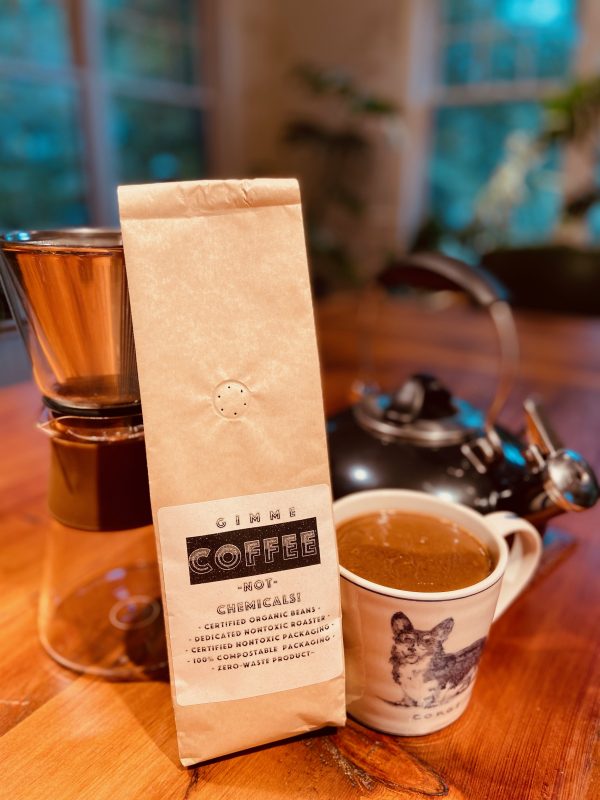
After a year of research and a lot of false starts (mostly around the bags!), we were so excited to launch Coffee, Not Chemicals in 2019. Our coffee bags are certified nontoxic and 100% compostable. This means that our coffee is not only non-toxic but also a zero waste product.
Why We Think Coffee, Not Chemicals Is the Best Stuff:
Our coffee is made of certified organic coffee beans that are fresh roasted in a dedicated non-toxic roastery. Each bag has a roast date.
Our packaging is certified non-toxic by an independent testing facility. This means that the bags, the valve, the labels, the ink, and even the adhesives are nontoxic and 100% compostable.
The packaging is free of BPA, phthalates, fossil fuel by-products, and bleach.
Coffee, Not Chemicals has gotten only 5-star reviews from our customers, and most people who order a bag decide to subscribe to keep it coming uninterrupted.
You guys asked (and asked and asked) for a decaf version. It’s here! And it’s Mountain Water Processed of course.
Please comment below with questions or comments about your own favorite coffees or brewers!
Stay sane,

P.S. What if coffee is something that you love but it doesn’t love you back? Coffee is delicious and I love the ritual of it after breakfast, in the afternoon, or after dinner. But caffeine makes some people, my wife included, agitated and impatient, and it can disrupt sleep or cause indigestion. Even decaf can sometimes bother some people’s stomachs. Suzanne recently discovered MUD/WTR, and it’s taken the place of her morning latte. It is full of superfoods, and is soothing, warming, and gives a little lift without any of the side effects that she experiences with coffee.
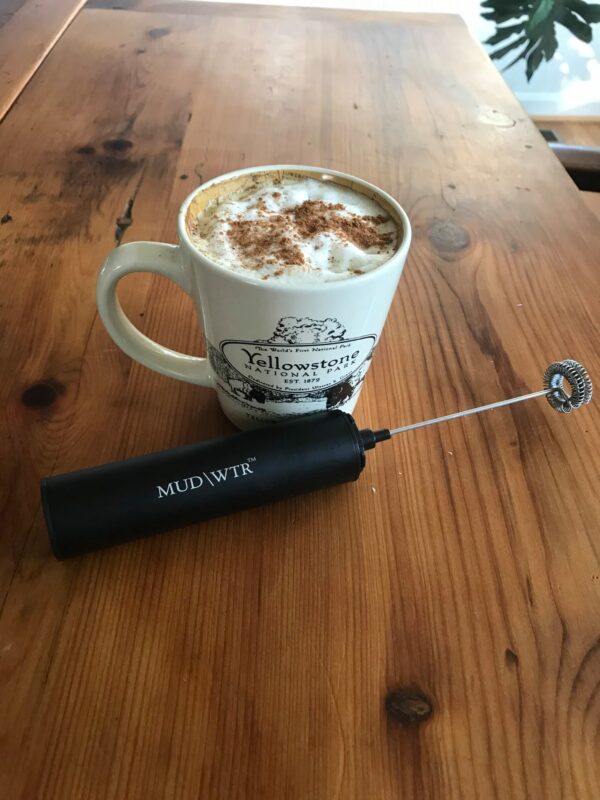
If you liked this post, sign up for our newsletter to be alerted when we publish new content like this!

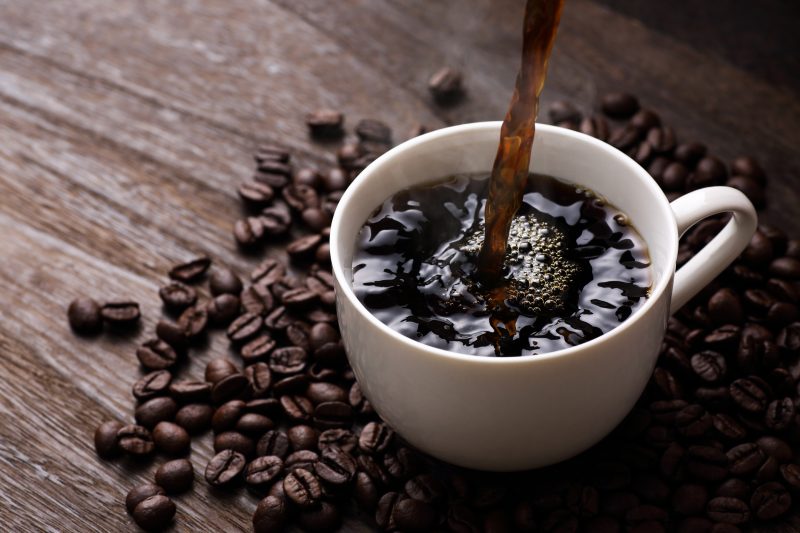
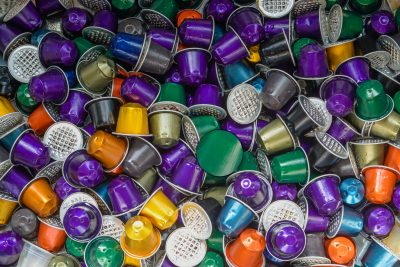
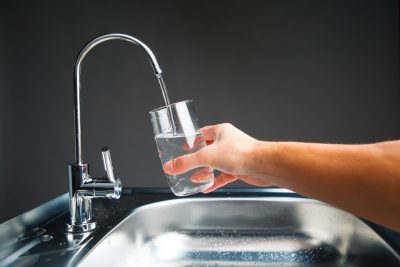

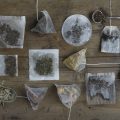
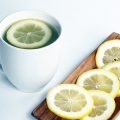
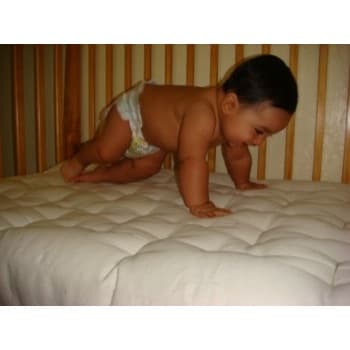

Katie says
Are the nespresso pods just as bad as kcups?
Anne says
I’m wondering this too. Of course a pod has some negatives overall, but as far as pods go, the Nespresso ones (or at least parts of them?) can be recycled through the Nespresso recycling program.
Max says
Nestlé is not a company I would want to support though…
From ethicalconsumer.org:
“Our research highlights several ethical issues with Nestlé, including climate change, environmental reporting, habitats & resources, palm oil, pollution and toxics, human rights, workers’ rights, supply chain management, irresponsible marketing, animal rights, animal testing, factory farming, anti-social finance, controversial technologies and political activities.”
Lauren says
How much is the weight of the bag in oz? Or pounds? I don’t see it.
Tara says
Hi. I’m wondering what the Grosche Travel Mug lid is made of? Is it also stainless steel? Or plastic? I have several stainless steel travel mugs but all of the lids are plastic. I would be very interested in this product if it contains no plastic parts!!
Anne says
Love the new coffee offering! I want to support it but I think a lot of folks will have trouble doing so at that price, unfortunately. I understand how prices increase with small batches and that you pay for what you get, and I’m generally willing to pay more for health and environmentally-friendly options. But yikes, that’s more than double what I pay for local, organic coffee.
Stephanie says
Please create a decaf version!! For health reasons I can not have caffeine but I love coffee and there are no good options like this in decaf. I would love it if you would consider sourcing and selling one!
Barbara says
Can you please tell me how much coffee is in each bag? Weight in oz? Thank you
Lisa says
Reading a study today suggesting that coffee filtered through stainless steel (what I’ve been using) has higher cardiovascular risk than traditionally filtered coffee. Any thoughts on this? Trying to wrap my head around whether drinking paper fibers is better!
Katie says
Maia, though mold is a natural part of coffee production, are there any (safe) steps taken to eliminate mold from these coffee beans to cut this other toxin out. For those of us with certain mutations (hladr), removal of all toxins, metals, virus and of course molds can be a challenge and can require aggressive and often ongoing chelation. I love what you’re doing with your coffee and packaging, just hoped you could address mold. Thank you.
johnlockegoss says
Hi Katie,
Generally speaking, any actual mold on coffee beans would be cooked off in the roasting process, and any mycotoxins in your daily cup of coffee are much too low to cause any negative health effects or for you to even notice. If, however, someone has particular sensitivities like haa-dr it may be worth finding a coffee that is specifically tested for mold.
Kate says
What’s the weight of the bag?
Suzanne Weaver-Goss says
It is 1 pound of coffee.
johnlockegoss says
Are you asking for the weight of just the bag or… the weight of the bag when filled with coffee?